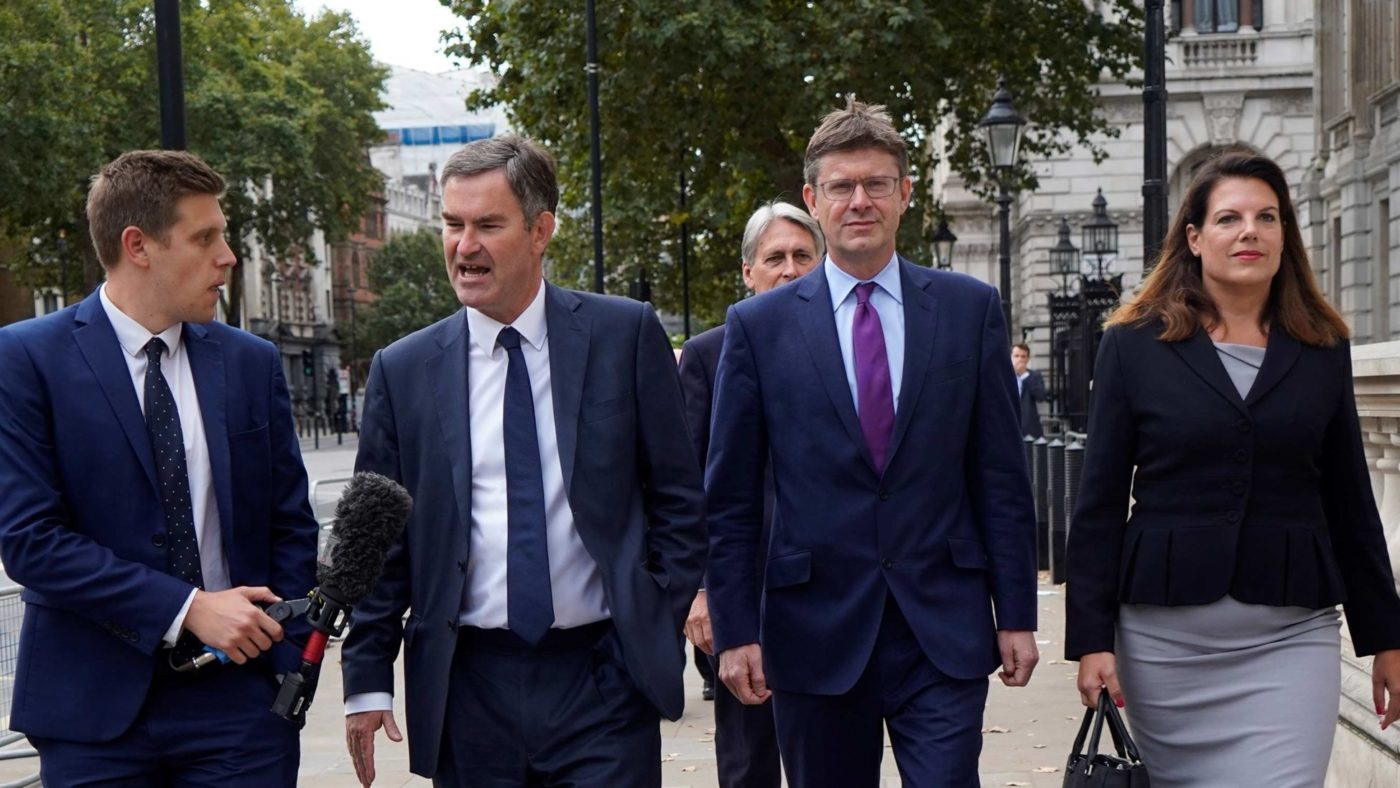Last night’s decision to withdraw the whip from over 20 Conservative MPs who refused to support the Government against the latest attempt to wrest control of the legislative timetable away from it is being widely viewed as a watershed moment for the Party.
At a stroke, Boris Johnson has placed himself in the position of an unambiguous minority government. The Conservative and Democratic Unionist caucuses combined no longer approach a majority in the House of Commons.
But he has also shown himself to be far more decisive, and committed to achieving a resolution, than his predecessor. Theresa May fended off such a split only by allowing an almost complete breakdown of discipline amongst the parliamentary Conservative Party, up to and including the point of tolerating Cabinet ministers abstaining from crucial votes in defiance of a three-line whip.
Hers was a sort of Holy Roman Empire of Commons majorities: notionally coherent, but in reality a collection of associated but warring princelings with scant and dwindling respect for the central authority.
This must be born in mind when critics accuse Johnson of hypocrisy. Yes, he has withdrawn the whip from fellow Tories for staging rebellions the like of which he has previously engaged in himself. But he is not responsible for May’s refusal to attempt to enforce her will.
As for the move itself, it is less unprecedented than it appears. In fact, what Downing Street has done is found a way to revive what used to be, before the unhappy advent of the Fixed-term Parliaments Act, standard political practise – that governments should make the central planks of their programme confidence measures.
In fact, far from being unprecedented, Johnson’s decision has a direct parallel in modern political history. It was none other than Sir John Major, now that most ardent and high-profile of Conservative Europhiles, who withdrew the whip from eight of his MPs over their refusal to back him on the EC Finance Bill in 1994.
(Major is also the last Prime Minister accused of controversially using a prorogation to evade political difficulty. I doubt either man finds the parallel flattering.)
This is not to say that the two situations are identical. Whatever your opinion of Teresa Gorman and Sir Teddy Taylor, there is a clear qualitative difference between their group and today’s rebels, which count amongst their number several MPs who were until recently senior ministers. But this is to be expected: whilst the Party’s direction of travel on Europe has been consistent since the 1990s, different parts of it have always been moving at different speeds, and the uppermost ranks have always been better-disposed towards the EU than the balance of the MPs, let alone the grassroots.
Whether or not these deselections will lead to a permanent shift in the Conservative Party’s character and content is also not yet definite. Once again the example of the ‘Bastards’ is illustrative: John Major eventually restored the whip – doubtless in part because of the challenging Commons arithmetic he faced – and at least one of them only left the Commons in 2015.
The crucial difference, however, may be that Major won his battle over Maastricht. Whilst it isn’t difficult to imagine Johnson allowing today’s rebels to return to the fold after he had delivered Brexit, after yesterday’s vote it doesn’t look as if he’ll have the opportunity.
He and his team recognise that there is no point fighting a general election on Brexit whilst allowing twenty or more MPs who aren’t prepared to back you on it to stand on your ticket. CCHQ are already in the process of selecting candidates, and an imminent election would make any split between the Party and the rebels permanent.
Tories have an in-built fear of splitting the party, a historic lesson drilled home by the example of both the divisions over the Corn Laws in the 19th Century and over Imperial Preference in the 20th. But how substantial a split would this really be?
Some of the rebels have already declared their intention to stand down from the Commons, having found too little space for their personal brand of politics between the emerging fault lines shaping the British debate. Others, such as Drs Sarah Wollaston and Phillip Lee, have found a home in the Liberal Democrats.
But others, including Philip Hammond and Rory Stewart, have declared their intention to fight on. Perhaps their personal profile locally, combined with some sort of arrangement with the other opposition parties, might give some of them a fighting chance in their seats.
Yet from here it is difficult to see such a group having a long-term future as a distinct force. Whereas a pro-Brexit splinter would have potentially had both the parliamentary infrastructure of the European Research Group and a national activist network (drawn from the Brexit Party and very likely a substantial share of the Conservative grassroots), a centrist splinter has neither. In the context of a ‘coupon election’ they might endure as a sort of mirror image of the old National Liberals, but like other artefacts of such unusual political conditions (such as the National Democrats) they might not long outlast them.
All the more reason we might anticipate a reconciliation, then – were circumstances to allow for one.
CapX depends on its readers generosity. If you value what we do, please consider making a donation.


